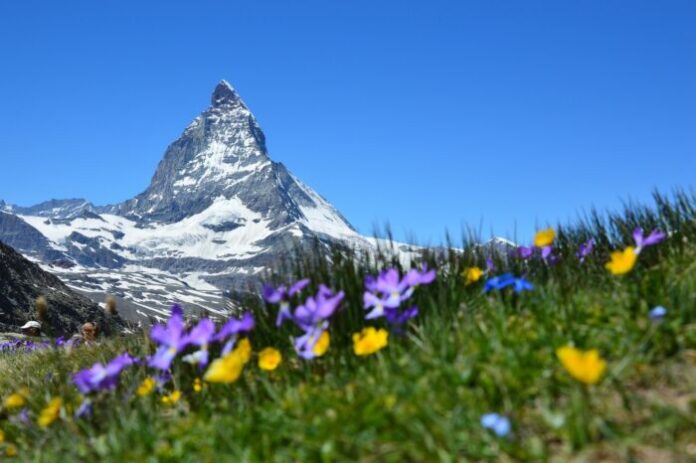
Snow is becoming more and more ephemeral in our Alps. Despite the typical variability that we are familiar with between one winter and the next, what we have been experiencing in recent decades is something that has not been seen since before the discovery of the Americas. In practice, the duration of the snowpack has shortened by more than a month in the last century.
This is what emerges from the article Recent waning snowpack in the Alps is unprecedented in the last six centuries just published in the prestigious journal ‘Nature Climate Change’, the result of the collaboration of a team of researchers from the University of Padua and the Institute of Atmospheric Sciences and Climate (Isac) of the National Research Council in Bologna, coordinated by Prof. Marco Carrer of the Land and Agro-Forestry Systems Department of Padua.
“We have discovered that an extremely widespread shrub, the common juniper, when found at high altitude has a creeping habit on the ground, i.e. it grows horizontally very close to the ground, and is able to register in its growth rings the duration of the snow cover,” says Prof Marco Carrer, forest ecologist at the University of Padua and first author of the study. “In fact, being only a few tens of centimetres tall, its growing season strongly depends on how early it manages to emerge from the white blanket that covers it.”
“The study of climate change requires a broad time perspective. Unfortunately, information about the snowpack has generally only been collected for a few decades,’ explains Dr Michele Brunetti of CNR-Isac. ‘Hence the need to look beyond the horizon provided by instrumental data and find other sources that allow us to extend the necessary climate information back in time.”
“By cross-referencing the measurements of the growth rings of the juniper tree, which can reach considerable ages (over 400 years), with a specially developed model of snow cover permanence, we were able to reconstruct the snow cover conditions over the last six centuries. This allowed us to realise that what we are experiencing in recent years is something that has never occurred before,’ the two researchers conclude.
This is the first time that information has been obtained over such a long time horizon for this extremely important meteorological variable. Snow does indeed play a key role in the Earth’s energy balance, but it is also fundamental to the natural, social and economic systems of the Alpine region that sustain themselves thanks to its availability. We should, in fact, become more aware of the new challenges dictated by current and future changes for a region whose equilibrium has shown itself to be highly sensitive to climate change



































